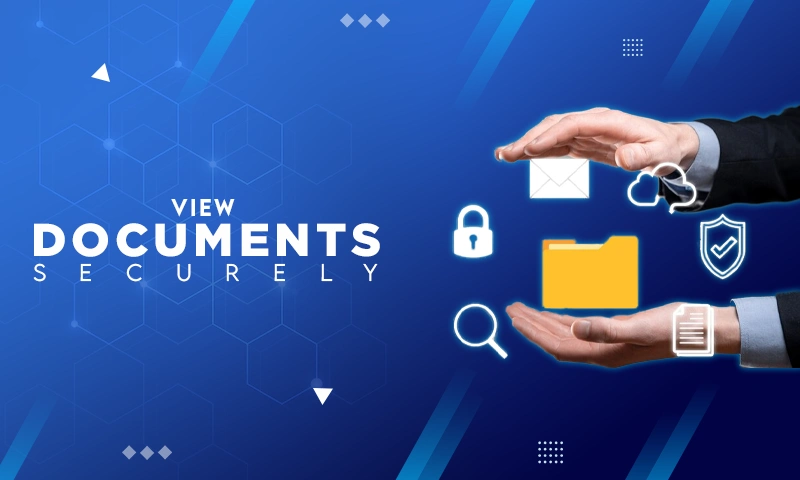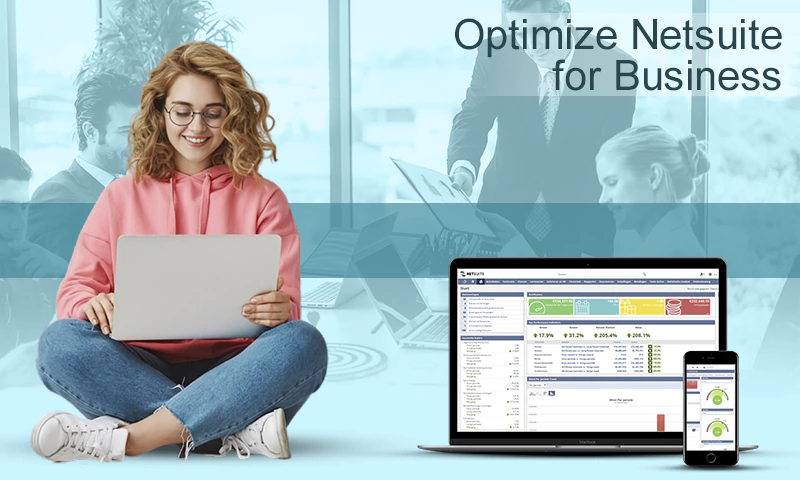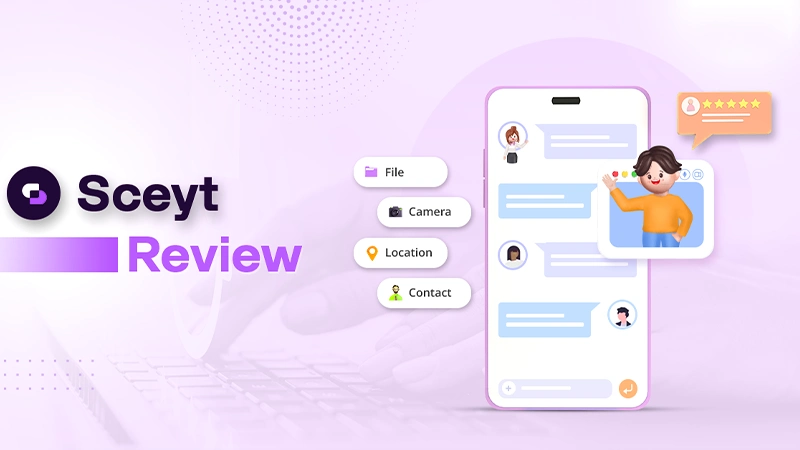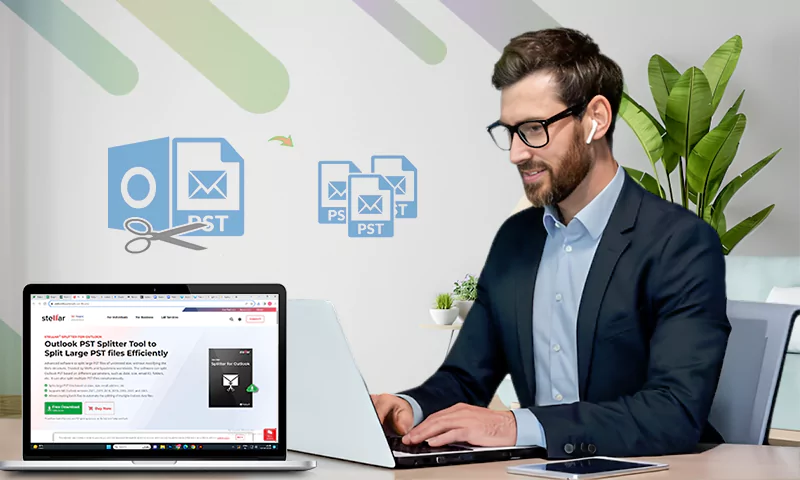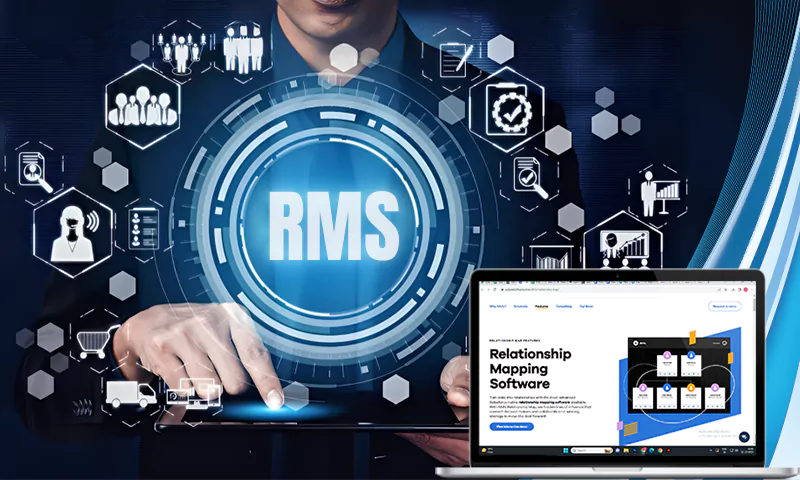Accounting Software Development in 2024: Do I Need It and Where to Start

It is extremely important to maintain a competitive advantage in the ever-changing environment of business and finance by remaining one step ahead of the curve. The year 2024 marks the beginning of a new era in which technology will continue to disrupt all aspects of business, including accounting.
The development of bookkeeping software has resulted in a sea change in the manner in which firms manage their financial data, resulting in procedures that are more timely, precise, and easily accessible.
This article is your full guide to determining whether or not you require it in 2024 and how to get started if you decide that you do.
The Growing Importance of Accounting Software
The advent of new technologies over the past several years has completely altered the landscape of auditing.
“Manual accounting procedures are becoming increasingly inefficient and prone to errors as a result of the rising complexity of financial transactions, the ongoing growth of tax legislation, and the demand for greater openness in financial reporting. In this setting, accounting software has evolved to the point where it is an absolute necessity. It provides real-time insights, automates regular activities, decreases the likelihood of errors, and increases data security.” – Scott Dodson, Chief Growth Officer at Ling App
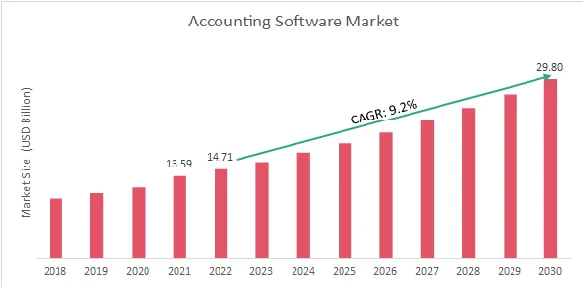
Do You Need Accounting Software?
It is vital to conduct a thorough requirements analysis before embarking on a journey into the world of bookkeeping application growth.
“Traditional methods based on spreadsheets may still be enough for certain small organizations, particularly those that do relatively uncomplicated financial transactions. If, on the other hand, your company is expanding, you are noticing an increasing amount of data errors, or you are having trouble keeping up with the requirements for compliance, it is time to carefully consider using accounting software.” – Mark Buskuhl, Owner of NINEBIRD PROPERTIES
Benefits of Custom Accounting Software
“Standard accounting software solutions are widely available; nevertheless, it is possible that these solutions will not always be a great fit for your particular company’s requirements. On the other hand, custom accounting software presents its users with several advantages. It can provide a user-friendly interface that is customized to your workflows, integrate easily with the systems you already have in place, scale with the expansion of your organization, and adapt to the particular accounting procedures you employ.”- Mike Lees, Chief Marketing Officer at LeaseAccelerator
Identifying Your Business Requirements
“It is essential to have a thorough understanding of the specific accounting needs of your company before beginning the process of developing accounting software. Do you simply require capabilities for simple bookkeeping, or do you require more advanced features such as support for different currencies, comprehensive financial reporting, or inventory management? A road map for the development process can be created by stating your needs in as much detail as possible.” – Graham Grieve, Founder of A1 SEO
Choosing the Right Development Team
Selecting the most qualified design team for your bookkeeping application project is one of the most important things you can do to ensure its success.
“You need to look for skilled developers that have a proven track record in the production of accounting software and you should start your search online. Ensure that they are conversant with the compliance regulations that apply to your organization and that they have an understanding of the complexities of the industry in which your business operates.” – Tim Parker, Director at Syntax Integration
Do You Know?39% of the growth in the accounting software market will originate from North America.
Cloud vs. On-Premises Solutions
“Cloud-based accounting software solutions are becoming increasingly popular because they are easily accessible, scalable, and affordable. On-premises solutions, on the other hand, do have a place, particularly for companies that have unique security concerns or regulatory obligations that mandate storing data within the company’s physical infrastructure. This is especially true for firms that operate in highly regulated industries. Conduct a thorough analysis of the benefits and drawbacks associated with each choice to ascertain which one meets the requirements of your company most effectively.” – Mark McShane, Marketing Director, First Aid Course Edinburgh
User Training and Support
“There are many more steps involved than simply building the system to successfully implement accounting software. You also need to invest in training for your employees so that they can make effective use of the program. In addition, it is crucial to have a dependable support system in place so that any issues that may develop during day-to-day operations can be dealt with promptly.” – Marie Ysais, Founder of Ysais Digital Marketing
Security and Compliance Considerations
“The protection of financial data is of the utmost importance. When designing or purchasing accounting software, you should make sure that it conforms with data privacy standards such as the General Data Protection Regulation (GDPR) or the Health Insurance Portability and Accountability Act (HIPAA), depending on where you are geographically and the nature of your business. Protect sensitive financial information from being compromised, having unauthorized access to it, or being stolen online by putting in place stringent security measures.” – Ben Flynn, Manager at Homefield IT
Conclusion
Investing in the creation of a bookkeeping program in 2024 is not merely a desirable option; rather, it is vital for companies that aim to succeed in an economic environment that is undergoing rapid transformation.
You can harness the power of auditing applications to streamline your operations, reduce the number of errors, and make more informed monetary decisions if you acknowledge its growing significance, determine your specific requirements, select the right development team, and carefully consider factors such as cloud versus on-premises solutions, user training, and security measures.
Therefore, you shouldn’t wait; begin your road toward accounting software as soon as possible, and put your company in the best possible position for success in the years to come.
Share
